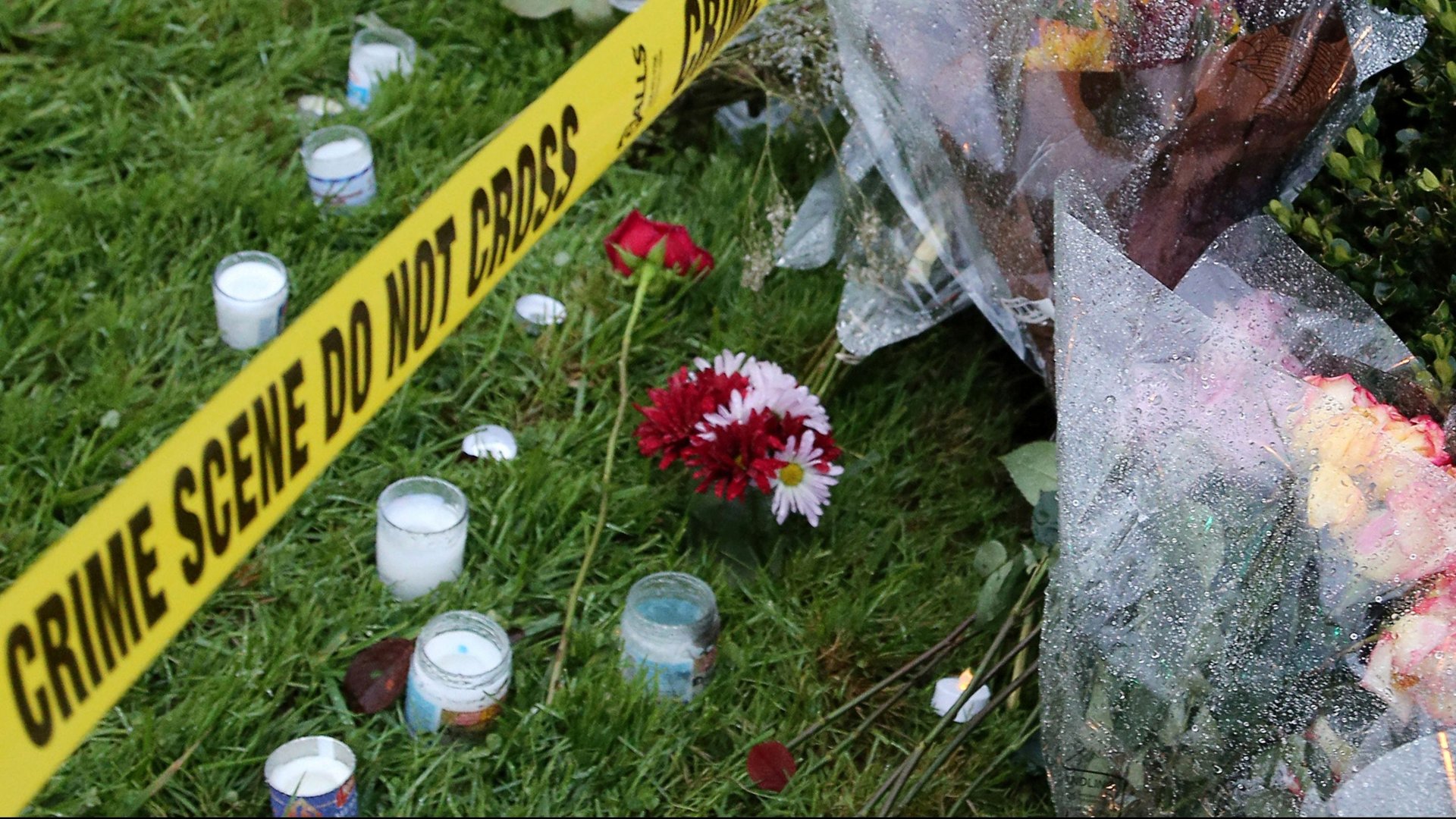Hate crimes are rising in the United States
New data released on Tuesday (Nov. 13) shows the number of hate crimes in the US has increased for the third consecutive year.


New data released on Tuesday (Nov. 13) shows the number of hate crimes in the US has increased for the third consecutive year.
The FBI received reports of 7,175 incidents fueled by prejudice based on race, sexual orientation, religion, gender identity, and disability in 2017. That’s an increase of 17% from 2016.
As shown in the chart, the number of reported US hate crimes peaked after 9/11, and had been falling since then—until it started to rise again in recent years.
Compared to the record low of 5,479 reported in 2014, the number of hate crime incidents has increased 31%.
FBI data shows that most victims were targeted because of their race, ethnicity, or ancestry. That category includes crimes against African Americans, Hispanics, Native Americans, and Arabs, among other groups.
Like in 2016, hate crimes against African Americans were the most common. In 2017, reported incidents against African Americans increased 16%.
After African Americans, the most common hate crime victims were Jewish Americans, who experienced a surge of 37%.
Victims were also targeted due to their religion, sexual orientation, disabilities, and gender identity, with a notable jump in reports of attacks against people with mental disabilities.
The FBI report comes at a time when Donald Trump has been accused of inciting violence with his incendiary rhetoric. Two weeks ago, a mass shooting at Pittsburgh’s Tree of Life synagogue left 11 dead and seven injured.
The data covers hate crimes against people—including intimidation, rape, assault, and murder—and against property—including vandalism, theft, and arson. It classifies the crimes according to 34 categories, including anti-Buddhist, anti-white, anti-transgender, and anti-atheist.